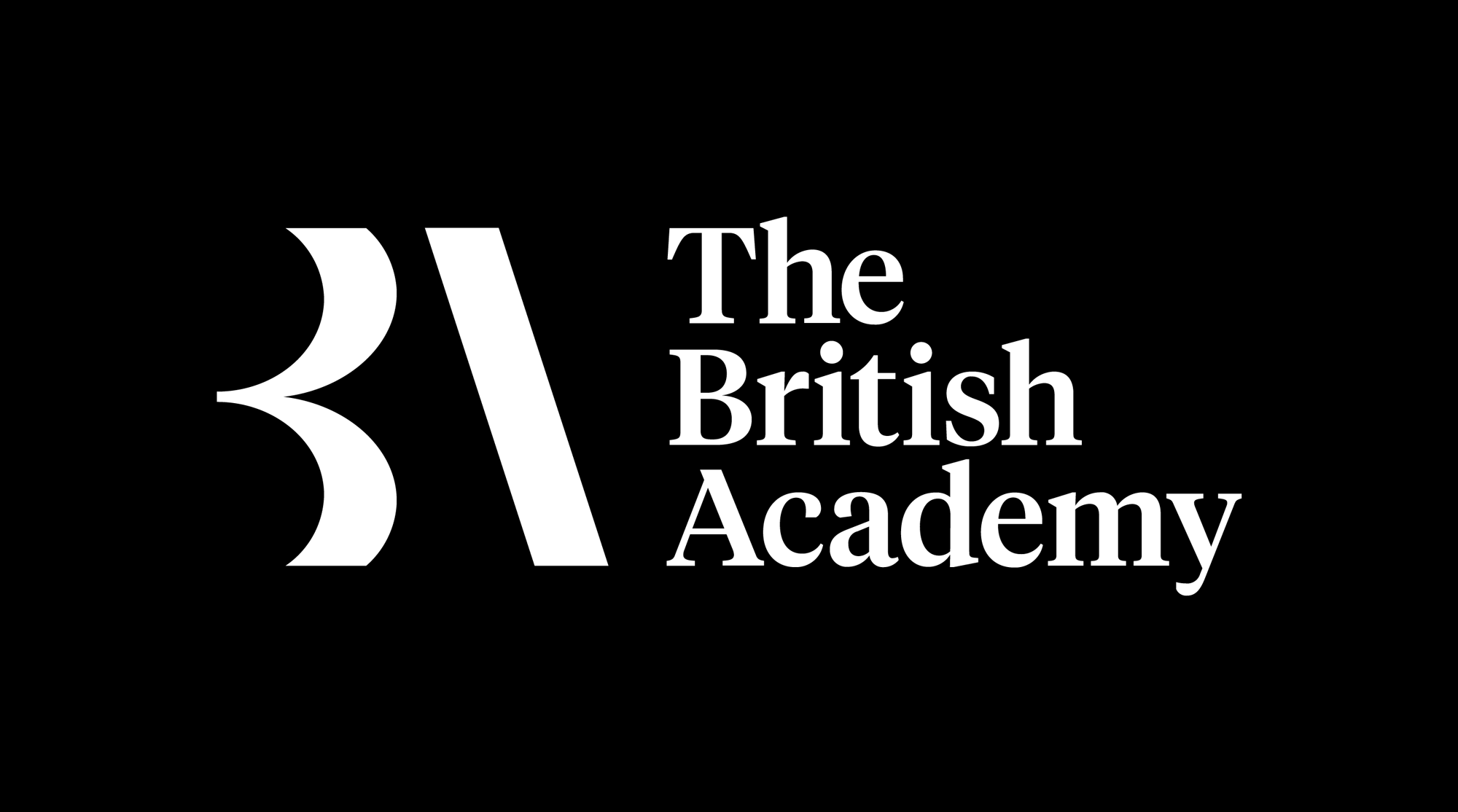EXPERT HUB – POLICY BRIEF: Digital Technology and Inequality
By Dr Alex Mankoo, The British Academy
In early 2022, the Government Office for Science asked the British Academy to conduct a project on technology and inequality to improve the UK Government’s understanding of its role in supporting access to, uptake of, and investment in technologies that can be critical to delivering broad public objectives, in a way that ensures inequalities do not become entrenched.
Our policy brief draws from across the findings, evidence, and activities in the Academy’s project on technology and inequality (https://www.thebritishacademy.ac.uk/projects/technology-and-inequality/technology-and-inequality-project-evidence-hub/) to identify two challenges associated with tackling digital inequality in the UK and sets out four policy recommendations for central government to overcome these challenges:
Recommendation 1: Central government should collect data and evidence centrally on digital access issues, including usage of digital services, the costs of not pursuing digital inclusion, and research on successful initiatives and best practice (at local and departmental level). Contributors would include Ofcom, ONS and government departments.
Recommendation 2: Create a ‘Digital Inclusion Unit’ in the Department for Science, Innovation and Technology that takes ownership of the government’s response and strategy on the issue of digital inequality. The Unit should:
- support Recommendation 1, by bringing together the data and expertise of local authorities, government departments, agencies and regulators;
- coordinate on policy and best practice in tackling digital inequality; work with departments and the NAO to develop ways of monitoring Government Service Standard 5 on access to services (https://www.gov.uk/service-manual/service-standard/point-5-make-sure-everyone-can-use-the-service).
Recommendation 3: Central government should create mechanisms to support networks of local authorities and community partners who are addressing digital inequality. This could be undertaken by the Digital Inclusion Unit or through existing structures, drawing on insights from existing networks, such as the Community Champions scheme.
Recommendation 4: Digital access should be considered a critical public service, with government building on existing research and practice around a ‘minimal digital living standard’, such as the current project in Wales. The Digital Inclusion Unit should ensure that provision of support to use the most important government services is included in the ‘basket’.
You can access the full report here:
https://www.thebritishacademy.ac.uk/publications/digital-technology-and-inequality-policy-brief/

Leave a Reply
Leave a Reply